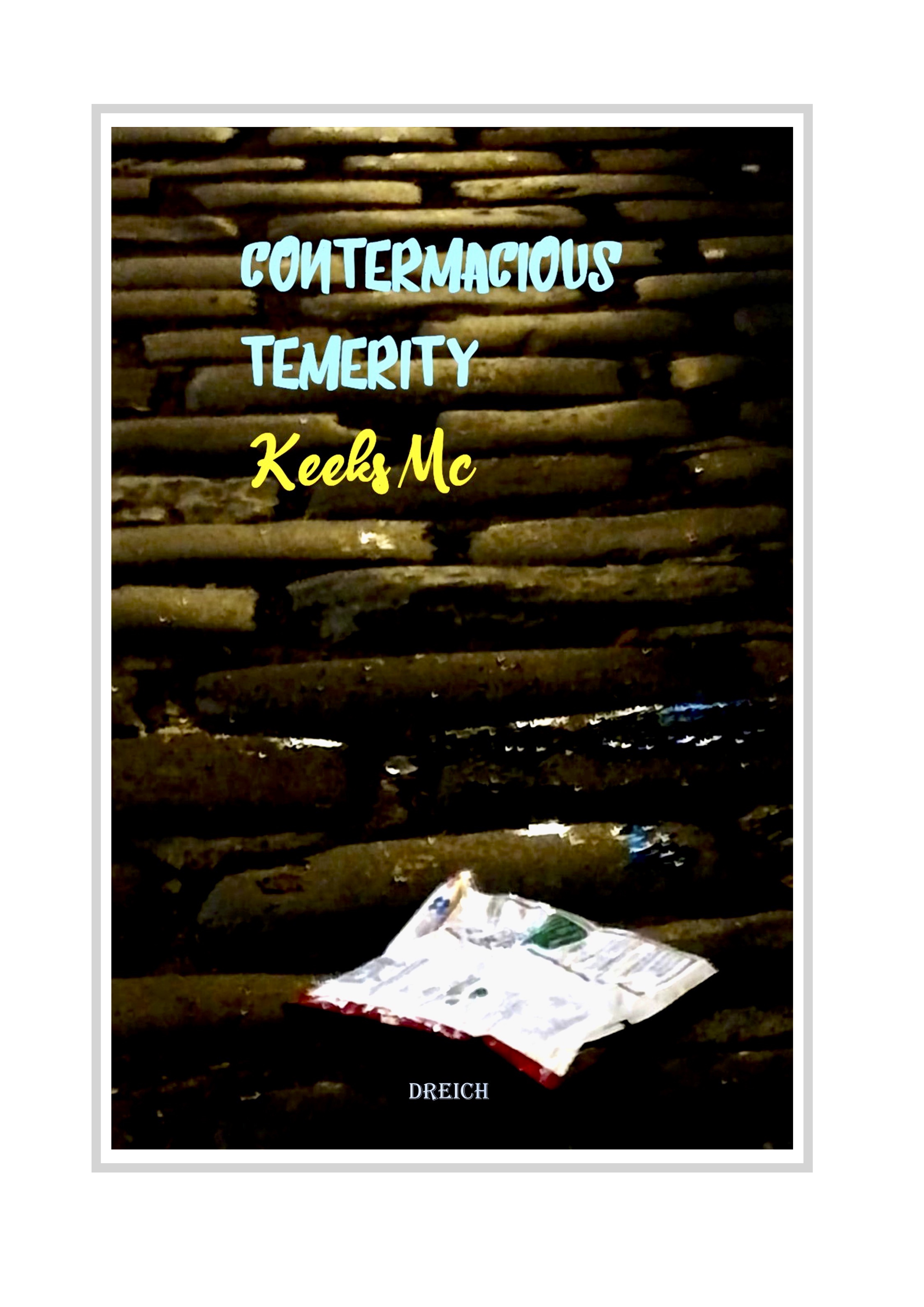ASIER VÁZQUEZ was born in Bilbao (Spain) in 1981. He graduated in Journalism and has published two poetry collections: La ciudad prohibida o las flores de orégano (2006) and Bésame entre la niebla (2012). He has also contributed poems to several Spanish literary and art magazines, namely Anáfora, Ex Libris and Los Cuadernos del Pez Globo. The poems featured here are the first to be translated into English and published outside his home country. His creative endeavors also include his professional dedication to film production.
XISCO ROJO is a journalist, musician, poet and cultural activist. As a poet he has published a plaquette called Romancero viudo (en dos dimensiones), and has been included in the anthology Naciendo en otra especie (Plaza y Valdés, 2016). He has recently finished a new book, Aquel incendio, to be published in 2017.
Born and raised in the coastal town of Hondarribia, Spain, MAIDER IZETA has spent the last seven years living and working in the city of Los Angeles. When not involved in advertising campaigns, Maider enjoys traveling overseas and photographing landscape and nature related subjects.
MARCUS DOO made corrections to the translated drafts. He’s a Scottish musician and lives in Glasgow.
Translating Asier Vázquez
Xisco Rojo
It was probably at a bar that Asier and I first spoke about translating his latest book of poems to English, at the very early stages of our friendship, excited by the newfound relationship and possibly by the previous rounds of locally brewed beer, too. Being a poet myself, and having completed a number of literary translations over the years, I couldn’t be more motivated by the task of translating the work of a great contemporary poet, whom also happened to be a close friend.
The process, mainly carried out at my flat in Madrid, was always assisted by Asier, and took place during long evenings filled with conversations and inquiries from my part to better understand what was beating beneath the words in the poems. We laughed, discussed, shared personal confessions, got emotional, and pondered every word in the poems for them to represent exactly what the poet wanted to convey when writing them. This was probably the key to what I believe is a heartfelt and true work from the both of us, the final results of which are presented before you now.
Maider Izeta
Presented by the poet, Asier Vázquez, himself with the challenge of translating his poems, I took on the opportunity to try to evoke the emotions he so vividly conveys in his verses in Spanish. The job of translating poetry entails more than simply replacing words written in one language into another.
Translating poetry means understanding the nuances in each language to keep the essence of the emotions the poet tries to evoke through words. It was a project I found challenging, yet rewarding. Very different from the type of translation I have been used to doing for marketing purposes.
El aullido eléctrico de las ciudades / The electric howling of the cities: Four Poems
Click on the link to read the poems in bi-lingual format: asier-vazquez-four-poems-bilingual-version




Leave a Reply